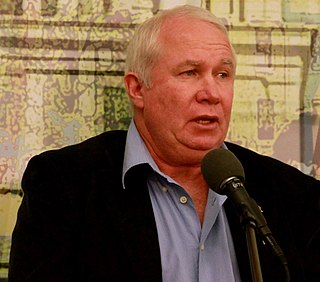A Quote by Sharad Pawar
Our policies for increasing agricultural production and productivity have been scale neutral; that is, our policies are equally effective irrespective of the size of the holdings.
Related Quotes
My advice would be, as you consider fiscal policies, to keep in mind and look carefully at the impact those policies are likely to have on the economy's productive capacity, on productivity growth, and to the maximum extent possible, choose policies that would improve that long-run growth and productivity outlook.
In the late 1990s, Mugabe's misguided policies sent our economy and agricultural productivity, our country's lifeblood, plummeting into the abyss. To make up for the financial shortfall, his regime attempted to print its way out of the mess, immediately resulting in inconceivable hyperinflation, topping out at 231 million percent.
We undertook a huge internal transformation to sharpen our customer focus, step up innovation, improve productivity to ensure competitiveness, change our culture, and simplify our ways of working so that our size and scale became a competitive advantage rather than a bureaucratic hangover after years of diversification.
If they understand, which I believe they really are sensing, that the alternative the Republicans have been offering is to repeal what we've done, to go back to Bush policies - and if you asked the public what would you prefer, Bush economic policies or Obama economic policies, they take and prefer Obama economic policies.
The methods that will most effectively minimize the ability of intruders to compromise information security are comprehensive user training and education. Enacting policies and procedures simply won't suffice. Even with oversight the policies and procedures may not be effective: my access to Motorola, Nokia, ATT, Sun depended upon the willingness of people to bypass policies and procedures that were in place for years before I compromised them successfully.































